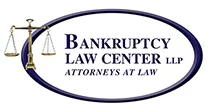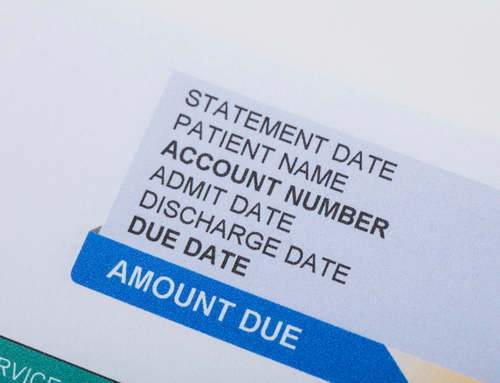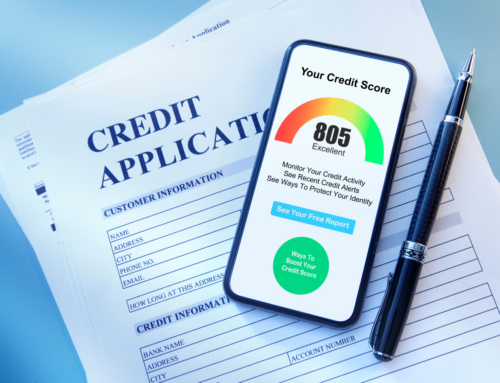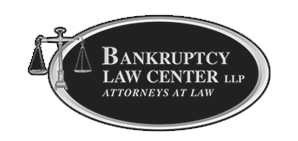People tend to shy away from bankruptcy out of intimidation, but it’s actually a pretty easy process. If you are behind on unsecured loan payments, Chapter 7 bankruptcy is worth considering as a means of improving your financial situation. Chapter 7 bankruptcy is a type of bankruptcy that helps you to eliminate certain debts while allowing you to retain assets you have continued to make payments on, such as your house and car. The types of debt that may be discharged through chapter 7 bankruptcy include credit cards, medical bills, and utilities, and this may be an option to consider if these types of bills have put you in a financial hole.
When Chapter 7 Bankruptcy Might Be Right for You
If you are able to continue to pay your secured loans, such as those associated with your home and car, but are struggling to pay unsecured loans, chapter 7 bankruptcy might be exactly right for you. It can wipe out certain debts while allowing you to keep property for which you can continue to pay.
If that’s the kind of solution you’re looking for, you’ll want to next consider your financial situation. Chapter 7 does come with some pretty straightforward eligibility requirements that are commonly easy to meet. Specifically, you will be asked to do one of the following: A) Document that you have earned less than the median income for your household size in the last six months, or B) Pass a “means” test that demonstrates you do not currently have the means to make payments to your unsecured creditors. You may also need to complete a credit counseling course before filing.
These requirements should give you an initial idea of if chapter 7 is right for you, but don’t think of them as barriers. They are easily met by most people seeking chapter 7 bankruptcy, and we at the Bankruptcy Law Center can answer all of your questions and guide you through the process from start to finish.
When It Might Not Be Right for You
Chapter 7 bankruptcy does not discharge child support, alimony, federal student loans, and most delinquent taxes owed to the IRS. If you are looking for a means to manage or dismiss those types of debts, take a look at our information on chapter 13 bankruptcy to learn more about that option.
The Time Frame of Chapter 7 Bankruptcy
While the process of filing for chapter 7 bankruptcy can seem overwhelming, seeking professional legal assistance will make a world of difference. The process can vary, but there are some steps you can reasonably expect. Upon filing, you will have an automatic temporary stay placed on your debts which will immediately prevent debt collection, wage garnishment, foreclosure, eviction, utility shut off, and repossession of property.
In most chapter 7 cases all property a person owns is exempt from the bankruptcy process, meaning they will remain unaffected. You can keep your property and get rid of your unsecured debt, giving you a true fresh start.
The whole process generally takes three months and will conclude with the court eliminating your unsecured debts. We can help you along the way in terms of what to consider and be aware of. Contact our legal professionals to discuss any concerns you have and to learn more about the ways filing for chapter 7 might benefit your current financial situation.
Let Us Help You with Next Steps
Whether chapter 7 bankruptcy is right for you will largely depend on what types of debt you have and what types of debt you are looking to eradicate. But don’t worry about exploring your options and making this decision on your own. We are here to guide and help you through this. For assistance making this important financial decision and with all the steps along the way, contact the Bankruptcy Law Center to speak with our legal professionals.





